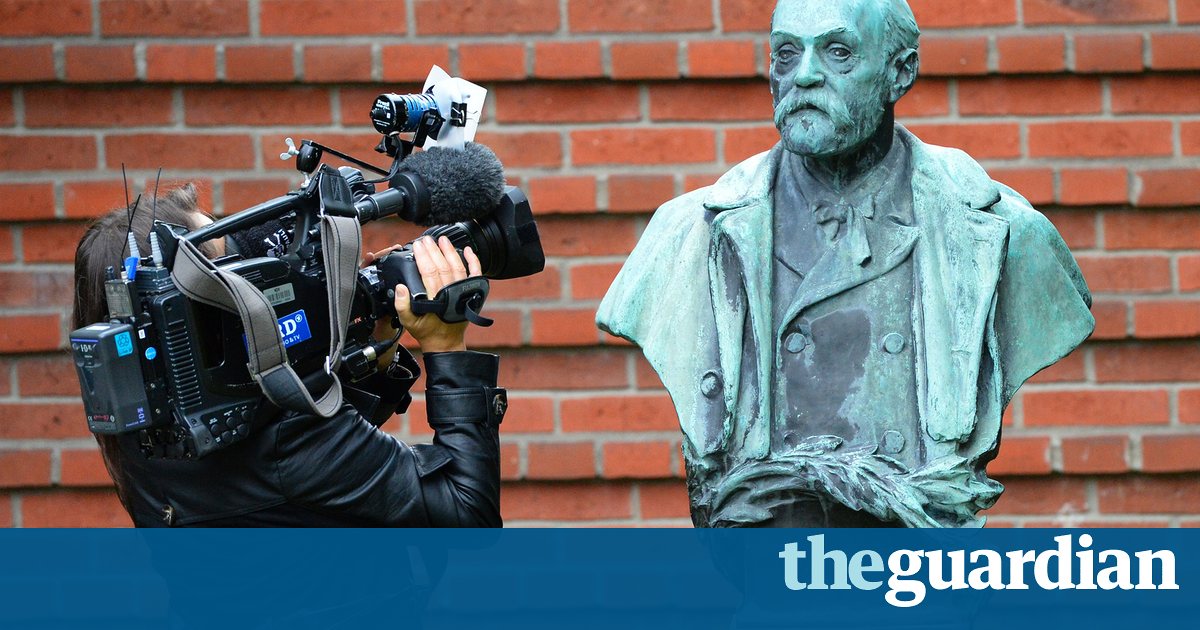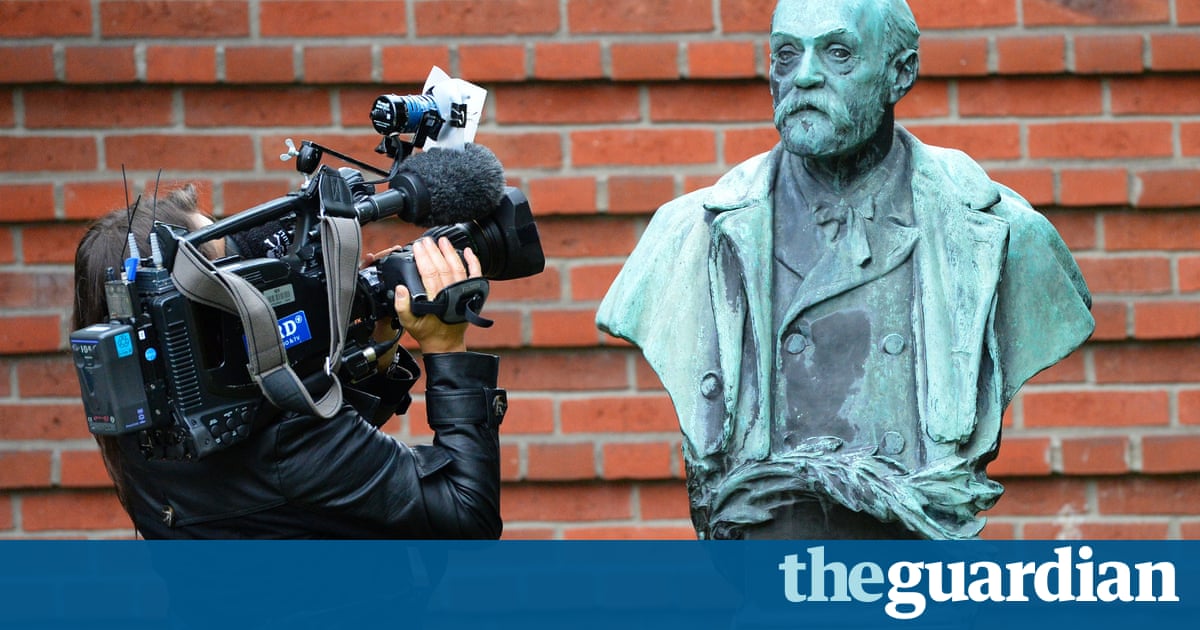The Nobel prize in economics takes too little account of social democracy | Avner Offer

Its the highest accolade, but unlike the other Nobel prizes it was started to mark a banks tercentenary and is subject to political influences

The Nobel prize in economics will be announced today. For economists, it is the pinnacle of reputation. When the word Nobel becomes attached to a winners name, his word acquires newsworthy authority (only one woman, Elinor Ostrom, has won the prize so far). The prize matters to everyone else too, because of market liberalism, which advocates marketisation, deregulation, union-busting, financialisation, inequality, outsourcing of healthcare, pensions and education, low taxes for the rich, and globalisation. In the 1990s, this rightwing platform was endorsed by New Labour, Clinton Democrats, and their equivalents elsewhere.
The faith in markets comes from economics. Confidence in economics is underpinned by the Nobel prize, which gives it scientific authority. Nobel economist Paul Samuelson quoted the poet William Blake: Truth can never be told so as to be understood, and not to be believed. There is also a Nobel prize for literature. Is the truth of economics more like physics or literature? How good a warrant does economics provide for the primacy of markets?
Like market liberalism, economics regards buying and selling in markets as the template for human relations and claims that market choices scale up to the social good. But the doctrines of economics are not well founded: premises are unrealistic, models inconsistent, predictions often wrong. The halo of the prize has lent credibility to policies that harm society, to inequality and financial disorder.
Economics does not have the field of policy entirely to itself. A different view of the world social democracy is used by governments to allocate about 30% of GDP in most developed countries for employment, healthcare, education, and pensions. Social democracy is not only a political orientation but also a bipartisan method of government. Like economics, it accepts the primacy of markets in production and consumption. Markets reward wealth and success. In social democracy, entitlement is equal, and arises from citizenship, though one-size-fits-all sometimes creates its own problems.
The Nobel prize came out of a longstanding social conflict. On one side, central banks and the better-off striving to keep property intact and prices stable; on the other, everyone elses quest for economic security. The Swedish social democratic government clipped the wings of the central bank Sveriges Riksbank in pursuit of more housing and jobs. In compensation, the government allowed the central bank to keep some funds, which the bank used in 1968 to endow the Nobel prize in economics as a vanity project to mark its tercentenary.
The prize is controlled by a committee of Swedish academics. It was long held captive by centre-right economists. Assar Lindbeck was chairman between 1980 and 1994, and intervened stridently in politics. Competent economists agreed, he said, that high taxes and full employment would lead to disaster. Like British and American economists later, he missed the danger of loose credit, which caused a severe crisis in Sweden in the 1990s.
The prize achieved credibility by means of a rigid balance between pairs of opposites, the right and left, theoreticians and empiricists, Chicago economists and followers of Keynes. Surveys show that economists are to the left of the committee in their sympathies (if not their doctrines). Prize winners are mostly the best economists and provide a good sense of what the discipline is about. But only one of them (Gunnar Myrdal) expounded social democracy. Left-leaning Nobel economists still favour market solutions.
This is costly. Social democracy is not as deeply theorised as economics, but has been enormously successful in providing social and public goods. It has kept economic insecurity at bay. Its method of mutual support is more efficient and equitable than private healthcare, education, and pensions. Social-democratic politicians do not always understand this. If economics is compelling, social democracy is indispensable. The two doctrines have adapted to each other but their marriage is not happy.
In the meantime, the me-first assumptions of economics have led to corruption and tax inequity, and an escalating public mistrust of governing elites. Valid economic doctrine has come into disrepute. Disdain for experts, and disaffection with economic reasoning has energised a politics of the excluded, of Jeremy Corbyn, Bernie Sanders, Marine Le Pen, Donald Trump and now Brexit. Economics is one voice among others, no better than the values it advocates (which many support), but not worse either. The Nobel committee is likely to endorse more of the same.
Avner Offer and Gabriel Soderbergs The Nobel Factor: The Prize in Economics, Social Democracy and the Market Turn is published by Princeton University Press, 2016